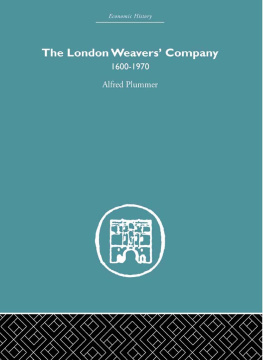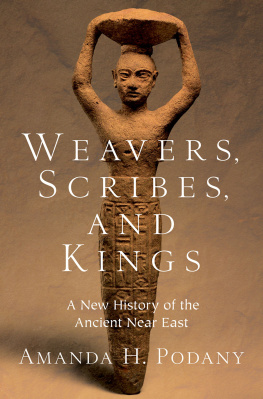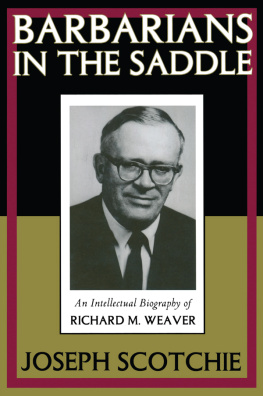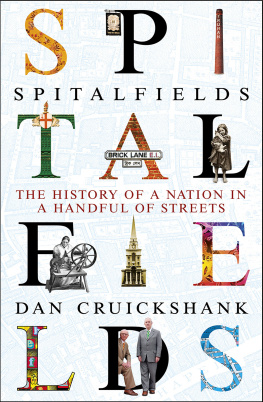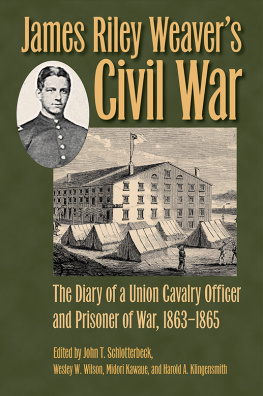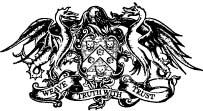Alfred Plummer - The London Weaver’s Company 1600 - 1970
Here you can read online Alfred Plummer - The London Weaver’s Company 1600 - 1970 full text of the book (entire story) in english for free. Download pdf and epub, get meaning, cover and reviews about this ebook. year: 2006, publisher: Routledge, genre: Romance novel. Description of the work, (preface) as well as reviews are available. Best literature library LitArk.com created for fans of good reading and offers a wide selection of genres:
Romance novel
Science fiction
Adventure
Detective
Science
History
Home and family
Prose
Art
Politics
Computer
Non-fiction
Religion
Business
Children
Humor
Choose a favorite category and find really read worthwhile books. Enjoy immersion in the world of imagination, feel the emotions of the characters or learn something new for yourself, make an fascinating discovery.
- Book:The London Weaver’s Company 1600 - 1970
- Author:
- Publisher:Routledge
- Genre:
- Year:2006
- Rating:3 / 5
- Favourites:Add to favourites
- Your mark:
The London Weaver’s Company 1600 - 1970: summary, description and annotation
We offer to read an annotation, description, summary or preface (depends on what the author of the book "The London Weaver’s Company 1600 - 1970" wrote himself). If you haven't found the necessary information about the book — write in the comments, we will try to find it.
The Worshipful Company of Weavers, the oldest of all the London Livery Companies, can trace its origins to a twelfth-century craft guild. Largely based upon original records never before studied in depth, this authorized history of the company covers the period from the end of the reign of Elizabeth I to modern times.
Alfred Plummer presents a portrait of the London Hand-loom weavers in their historical setting, living strenuous lives in an industry which was once essential but has now disappeared. He describes many fascinating aspects of the Companys eventful history, from the numbers of apprentices, to their parents and places of origin, the attitude towards the admission of women and the enlistment by the Weavers Company of the powerful pen of Daniel Defoe. In addition, the work examines the impact of such catastrophes as the Great Plague and the Fire of London. The author deals with the dogged struggle for survival of the famous Spitalfields silk weavers, and explores the part played by the Weavers and their associated London Livery companies in the plantation of Ulster under James I nearly four centuries ago.
This book was first published in 1972.
Alfred Plummer: author's other books
Who wrote The London Weaver’s Company 1600 - 1970? Find out the surname, the name of the author of the book and a list of all author's works by series.

